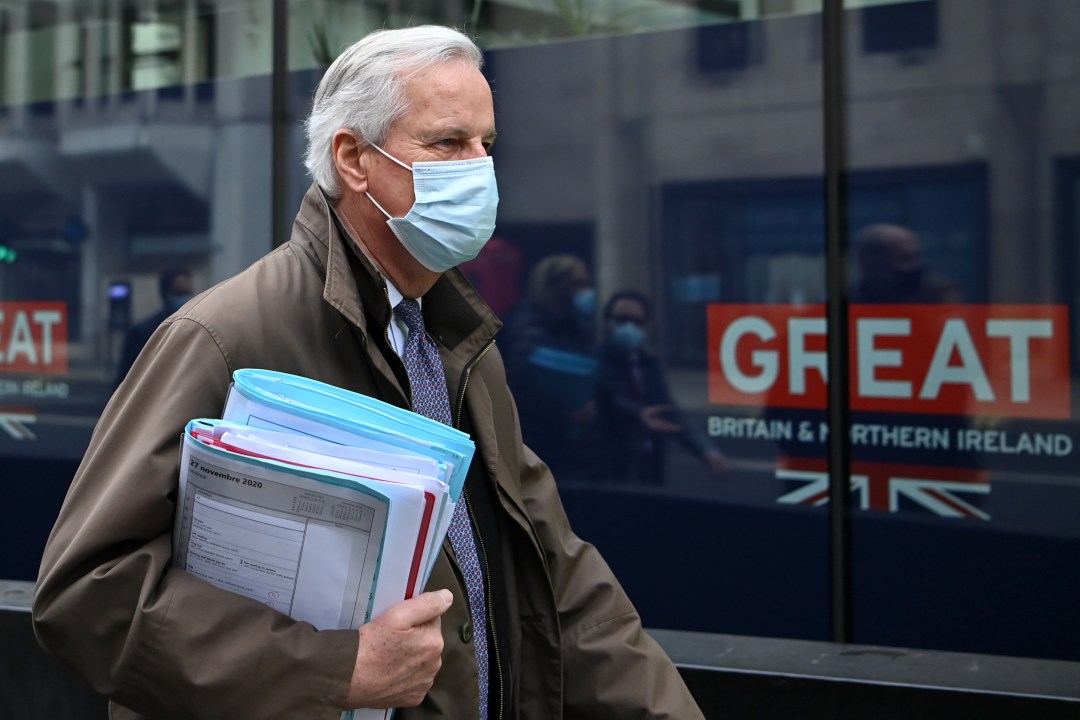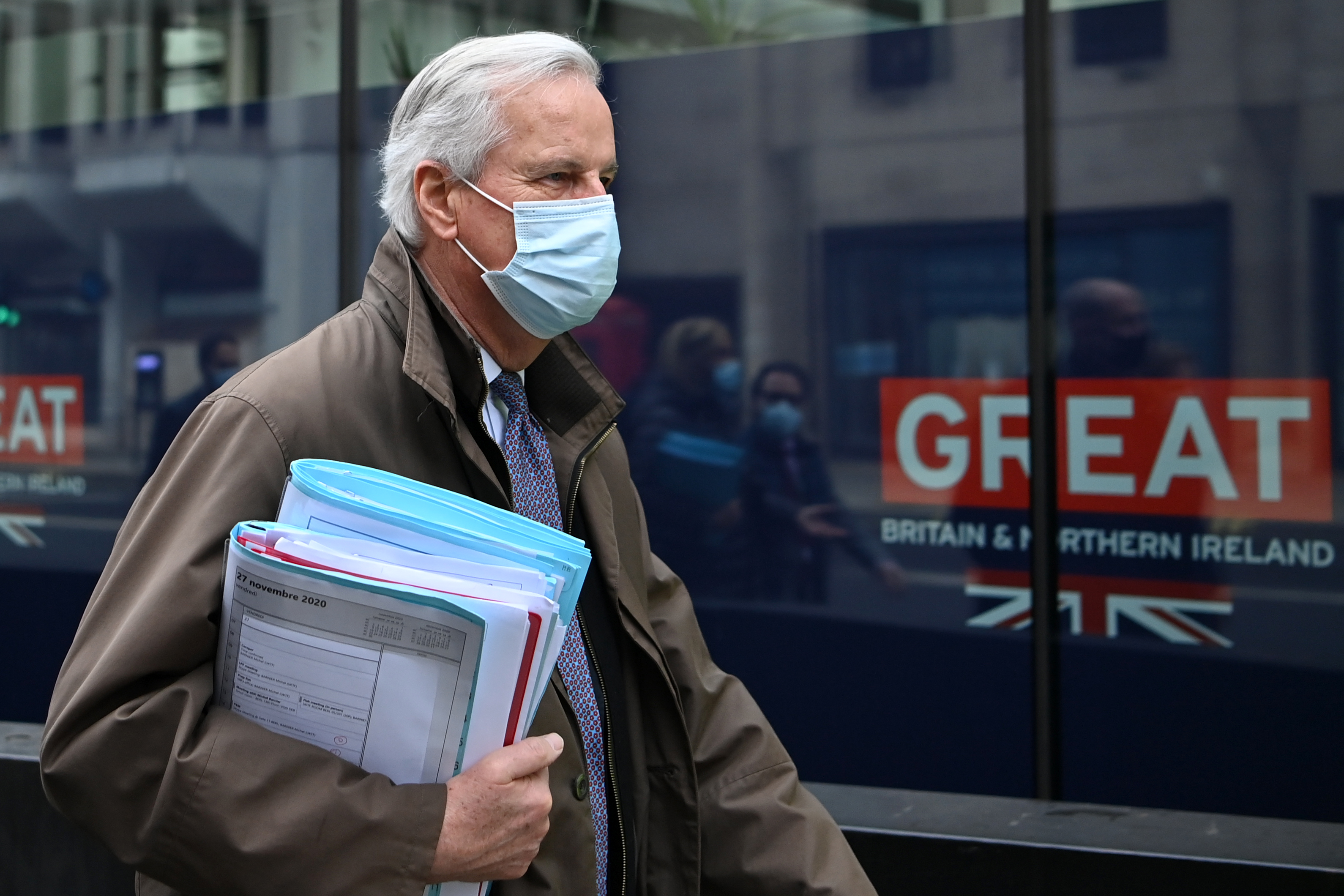As the Brexit talks enter what is expected to be the last full week of substantive negotiations, opposition leaders are blasting the government for the lack of progress while No. 10 has issued a warning that no deal is ‘arguably underpriced’. So, is this more fighting talk for the purpose of the negotiations or is no deal now a likely prospect?
Given that Boris Johnson agreed a deal at the last minute in the first stage of Brexit talks on the withdrawal agreement, the working assumption among many Tory MPs for some time has been that the same will occur this time around. Some of Johnson’s colleagues even point to the recent departure of Vote Leave veterans Dominic Cummings, Lee Cain and, most recently, Cleo Watson from Downing Street as a further sign Johnson plans to do a deal. They ask whether the team Johnson currently has around him is the one he would pick if he was really planning on leaving on WTO terms.
Yet those close to the negotiations are all rather pessimistic when it comes to one issue: fisheries. Although the fishing industry is not a huge part of the UK economy on paper, it is politically potent. During the EU referendum, Brexit campaigners promised to take back control of fish quotas. It’s an issue that Nigel Farage regularly brings up – urging the Government not to betray UK fishermen. Scottish Tory MPs also believe a win on fishing is important for the Union – they see it as a Brexit benefit they can sell to coastal communities in Scotland. If Johnson’s government are seen to sell out on the issue it could be used against them from all sides.
Yet it’s one of the toughest issues to resolve. EU member states feel strongly that they ought not to have their catch significantly reduced. France is viewed as the strongest proponent of this view – and is the country causing the UK the most problems. ‘There needs to be a face-saving compromise for both sides,’ says a Westminster insider. But that solution remains elusive. There was renewed hope on the UK side that a concession was in the offing from Brussels when Barnier called a meeting with fisheries ministers from EU nations. However, the offer currently understood to be on the table is that the EU would hand back between 15 to 18 per cent of the fish stocks currently caught by member state fleets in UK waters.
Even if this is taken as just an ‘opening offer’ – which is the view of UK ministers – it is regarded as offensively low. Such a return would be hard to sell as a great win for the UK even by an optimistic Prime Minister such as Boris Johnson. The sense is that the offer would need to be nearer 50/50 to even be considered. After all, in the event of no deal, the EU would have no right to fish in UK territorial waters. There is also potential for an increased portion of the catch to be returned to the UK over several years. This would serve to stop a sharp cliff edge for French fishermen.
Should such a compromise fail to emerge, we could be back to a game of chicken. The UK’s chief negotiator Lord Frost is insistent he won’t bend on his red lines. Colleagues of Boris Johnson who find him to be indecisive on many topics believe him to be much more set in his mind on a clean Brexit. Another figure in government suggests the positive impact of a deal in term of avoiding immediate disruption in the new year is being overstated. They argue a deal could reduce expected disruption in January by around 25 per cent compared to no deal – but it would only be a reduction as the deal being negotiated is so thin there will still be plenty of friction. Even if a deal is agreed, the first few months of 2021 will not be smooth.
Working out the end result of the negotiation is challenging not just because only a handful of figures make the final call but because it is a negotiation where both sides are on the hunt for last-minute concessions. Push too hard and the whole thing could explode – whether that’s intentional or not.








Comments